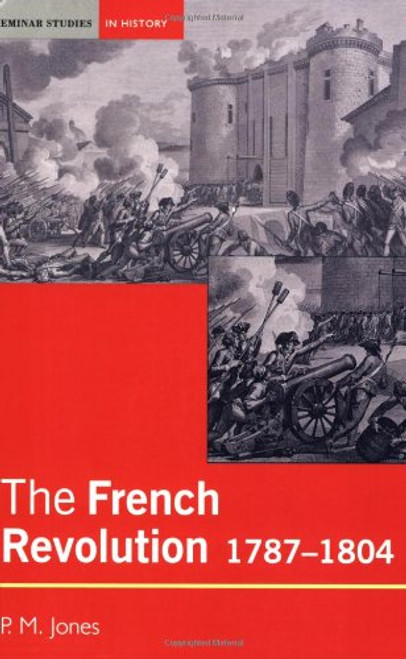Winner of the 2001 Gustavus Myers Program Book Award.
Contrary to simple textbook tales, the civil rights movement did not arise spontaneously in 1954 with the landmark Brown v. Board of Education decision. The black struggle for civil rights can be traced back to the arrival of the first Africans, and to their work in the plantations, manufacturies, and homes of the Americas. Civil rights was thus born as labor history.
Civil Rights Since 1787 tells the story of that struggle in its full context, dividing the struggle into six major periods, from slavery to Reconstruction, from segregation to the Second Reconstruction, and from the current backlash to the future prospects for a Third Reconstruction. The prize that the movement has sought has often been reduced to a quest for the vote in the South. But all involved in the struggle have always known that the prize is much more than the vote, that the goal is economic as well as political. Further, in distinction from other work, Civil Rights Since 1787 establishes the links between racial repression and the repression of labor and the left, and emphasizes the North as a region of civil rights struggle.
Featuring the voices and philosophies of orators, activists, and politicians, this anthology emphasizes the role of those ignored by history, as well as the part that education and religion have played in the movement. Civil Rights Since 1787 serves up an informative mix of primary documents and secondary analysis and includes the work of such figures as Ella Baker, Mary Frances Berry, Clayborne Carson, Frederick Douglass, W. E. B. DuBois, Eric Foner, Herb Gutman, Fannie Lou Hamer, A. Leon Higginbotham, Darlene Clark Hine, Jesse Jackson, Malcolm X, Martin Luther King, Manning Marable, Nell Painter, Frances Fox Piven and Richard Cloward, A. Philip Randolph, Mary Church Terrell, and Howard Zinn.









